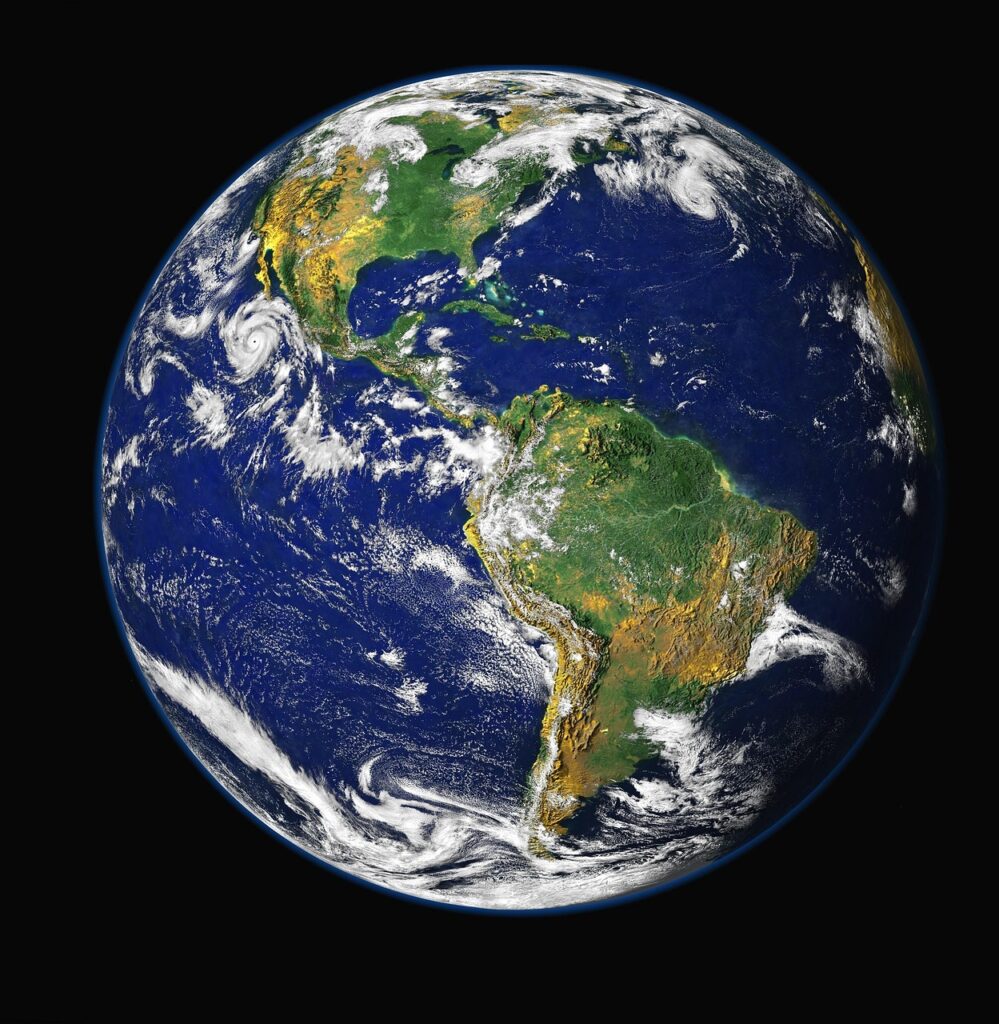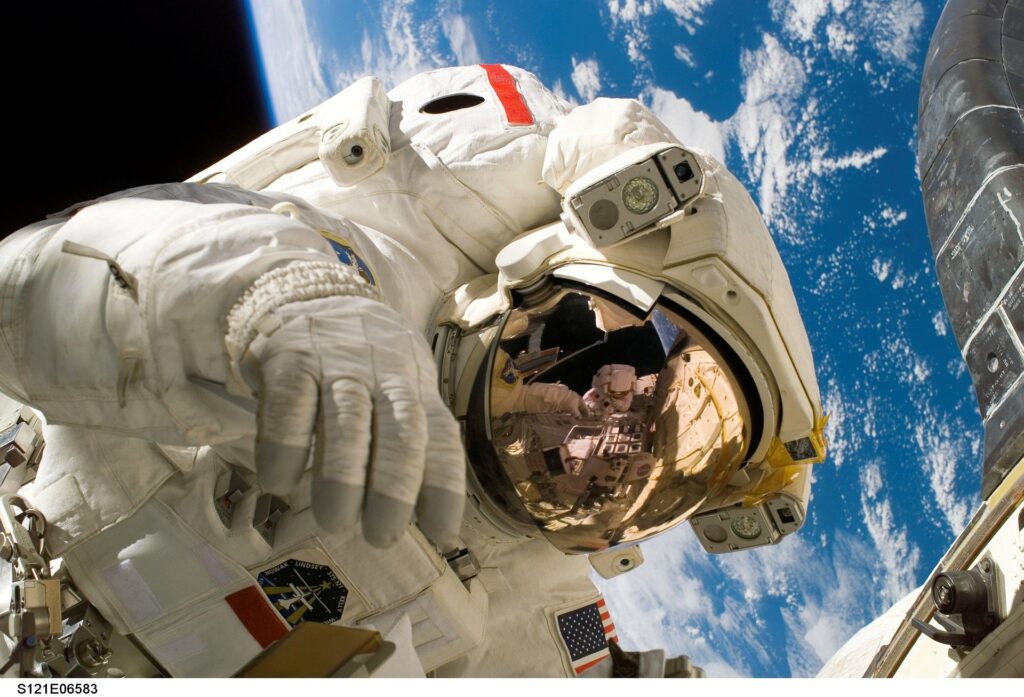
The overview effect.
It begins with silence.
You’ve rocketed out of Earth’s atmosphere. The roaring engines have cut. Your body is weightless. You float to the window and see a blue, glowing orb alone in the darkness.
No borders. No politics.
Just Earth — whole, radiant, breathtaking.
Astronauts have a word for the feeling that floods in at that moment: the overview effect.
In The Overview Effect – Astronauts Describe Seeing Earth From Space, a short film by The Planetary Society, astronauts speak about the overwhelming awe they feel when seeing our planet from orbit. They describe a shift in perspective — a dissolving of boundaries, a newfound reverence for life, a deep sense of unity with all people and places.

“You see this amazing, beautiful, fragile planet…and everything you’ve ever known is down there.”
– Nicole Stott, NASA astronaut
And though most of us won’t experience Earth from 250 miles above, the truth is: travelers can feel the overview effect right here on the ground.
What Is the Overview Effect?
First coined by space philosopher Frank White in the 1980s, the overview effect refers to a cognitive shift in awareness reported by astronauts who see Earth from space.
The new perspective includes feelings of awe, clarity, and global interconnectedness.
Astronaut Ron Garan describes the feeling as “realizing that the divisions we cling to — between nations, ideologies, even identities — are illusions when viewed from a distance.”
Imagine seeing the entire planet at once—your hometown, Tokyo, the Amazon River, and Antarctica—all part of a single, living system. The idea that we are separate begins to feel absurd.
Astronauts return from space transformed. Many become environmental advocates or humanitarians.
They speak of Earth not as a collection of countries, but as a shared home. As Jim Lovell quipped, “We are all crew on the same spaceship.”
The Traveler’s Version of Spaceflight
We may never strap into a rocket or orbit the Earth at 17,000 mph — but we can chase the identical feeling astronauts describe.
It happens when you trek through Patagonia and realize nature doesn’t care about human borders. Or when you stand before the pyramids on the Giza Plateau, feeling the hum of history echo through your bones.
And as many travelers will attest, it happens when you share a meal with someone whose language you don’t speak, yet still feel understood.
These are Earthbound overview effects — moments that remind us the world is vast, fragile, and more interconnected than we realize.
Travel, when done with openness and intention, gives us distance, not from the planet, but from our own narrow perspective.
How to Travel Like an Astronaut

Finding your Overview Effect?
1. Seek awe. Visit places that overwhelm you with beauty — glaciers, ancient temples, remote islands. Awe humbles the ego and expands awareness.
2. Cross boundaries — real and imagined. Don’t just visit different places. Engage with different people, customs, and beliefs. Look for common humanity.
3. Reflect often. Bring a journal. Ask yourself what you’re learning, what’s shifting. Travel is more transformative when you take time to absorb it.
4. Protect what you love. Many astronauts return from space with a fierce desire to protect Earth. Let travel inspire you to care — about ecosystems, cultures, and communities.
5. Remember the big picture. Even as you marvel at a single city or landscape, zoom out. You’re part of something much larger — a traveler on a living planet.
Perspective Is the Ultimate Souvenir
Astronauts who’ve seen Earth from above often struggle to describe the experience. It’s not just visual — it’s emotional, even spiritual. As Nicole Stott says in the video, “You don’t see the world the same way anymore.”
NIcole Stott
That’s the kind of travel that matters — the itinerary that changes you.
So, whether you’re sailing down the Mekong, hiking the Himalayas, or just watching the stars from a desert campsite, remember: the overview effect isn’t only for astronauts. It’s available to anyone willing to step back, open up, and see the world—truly see it-for what it is.
One planet. One home.

